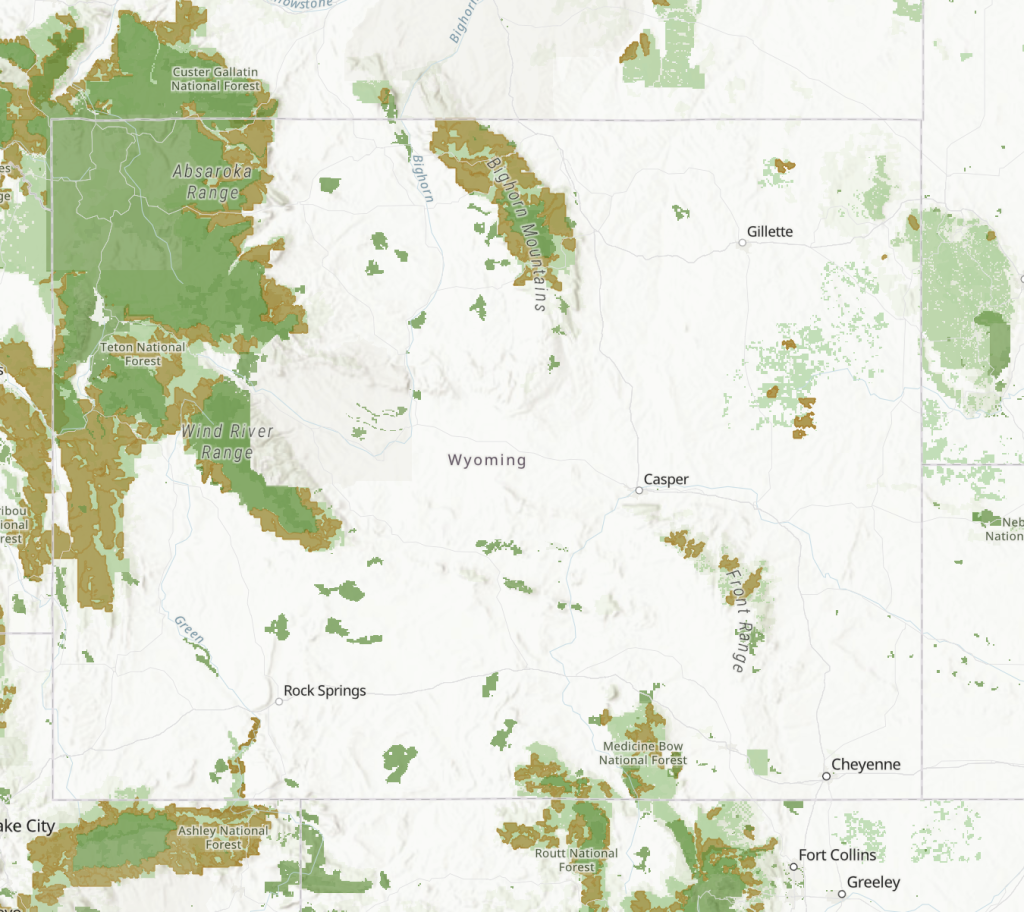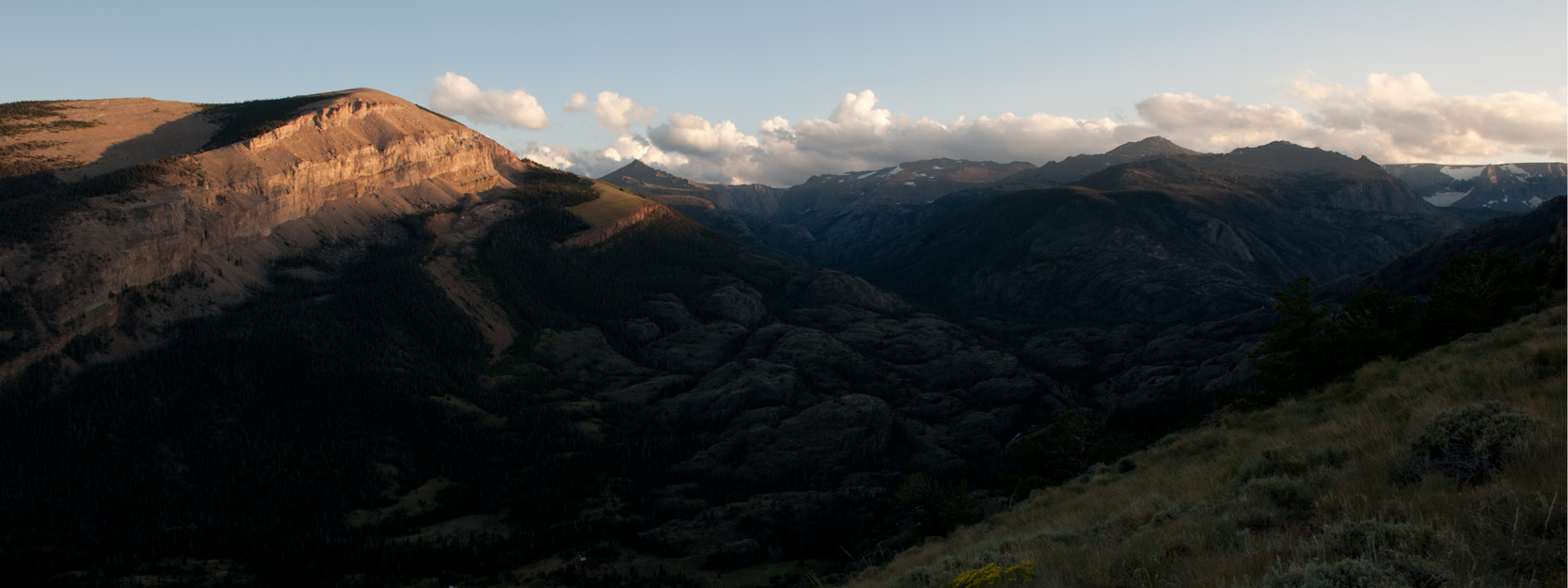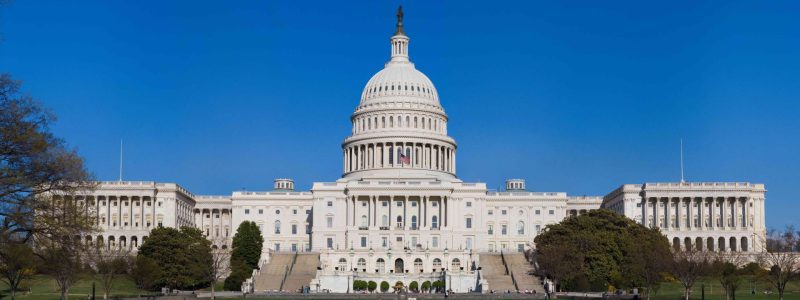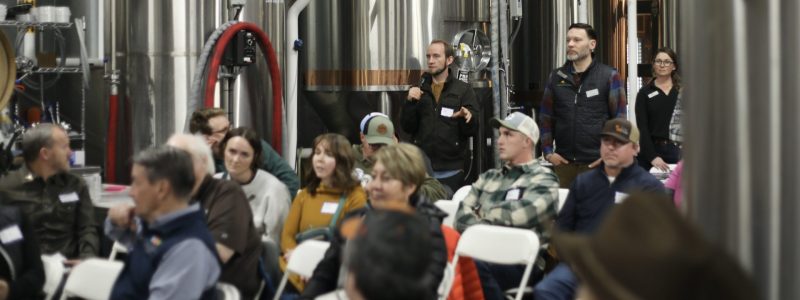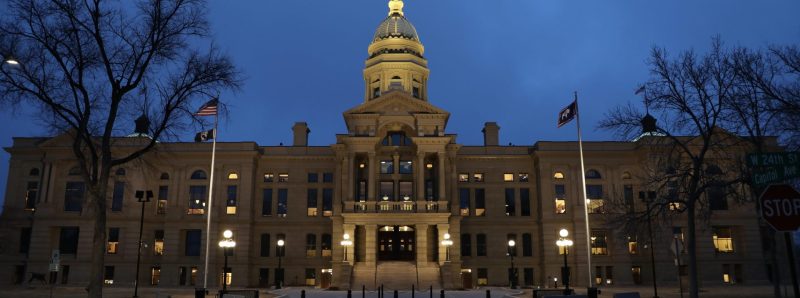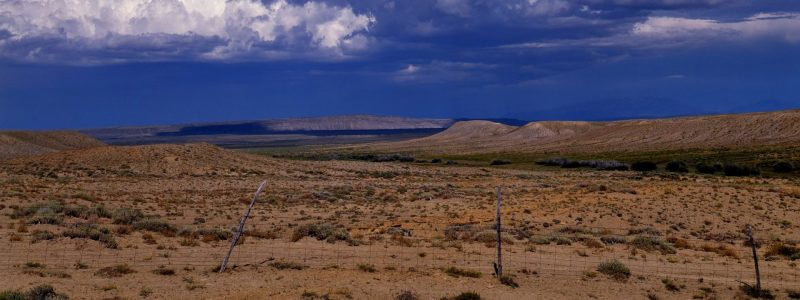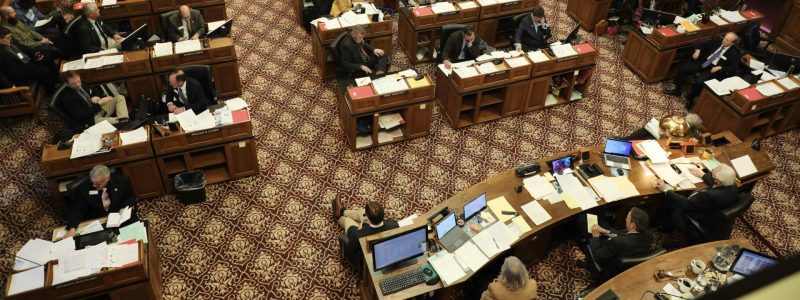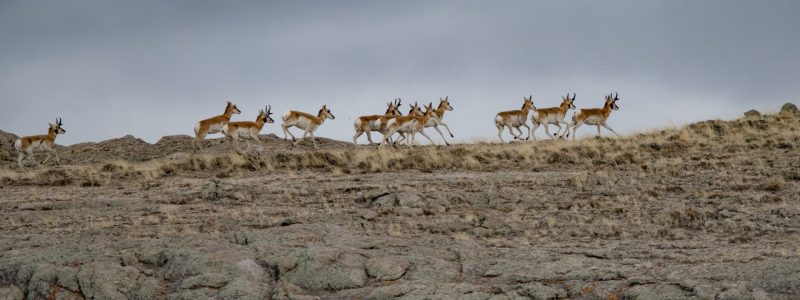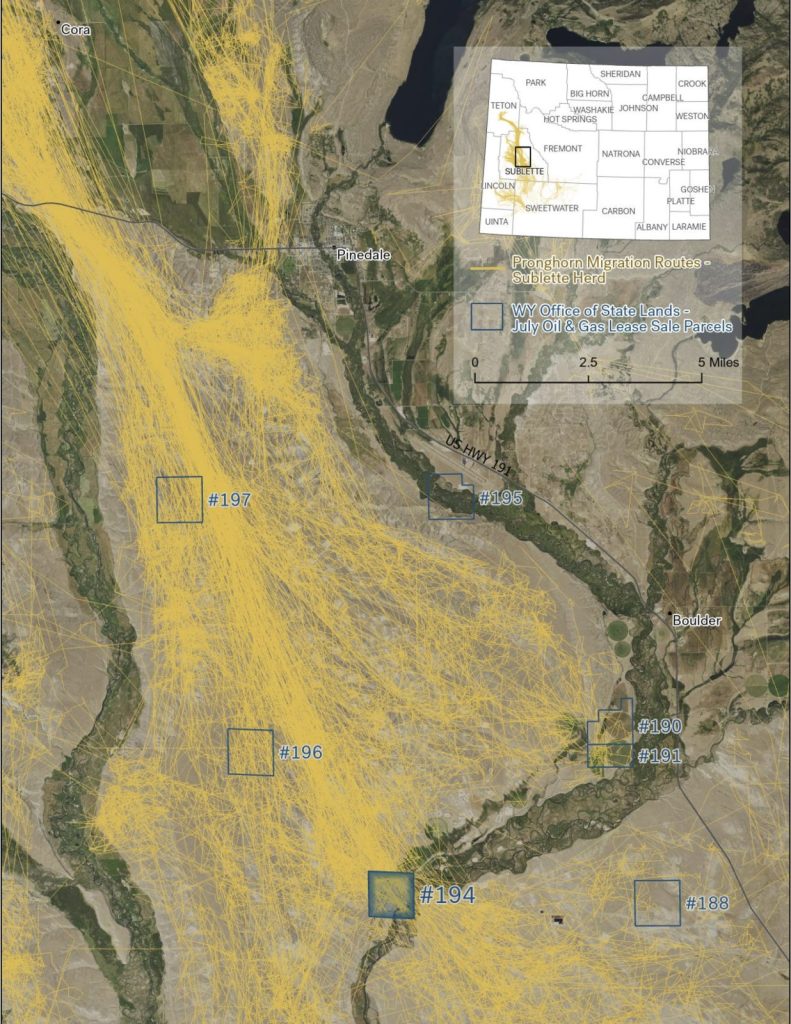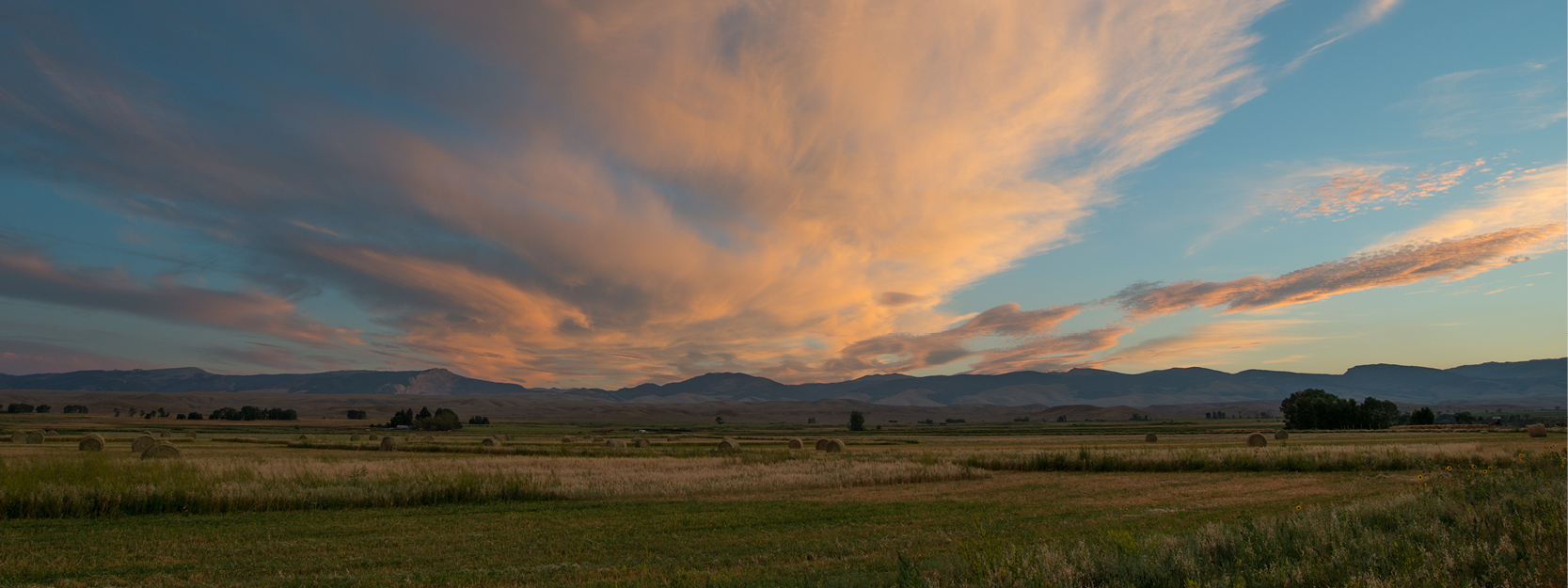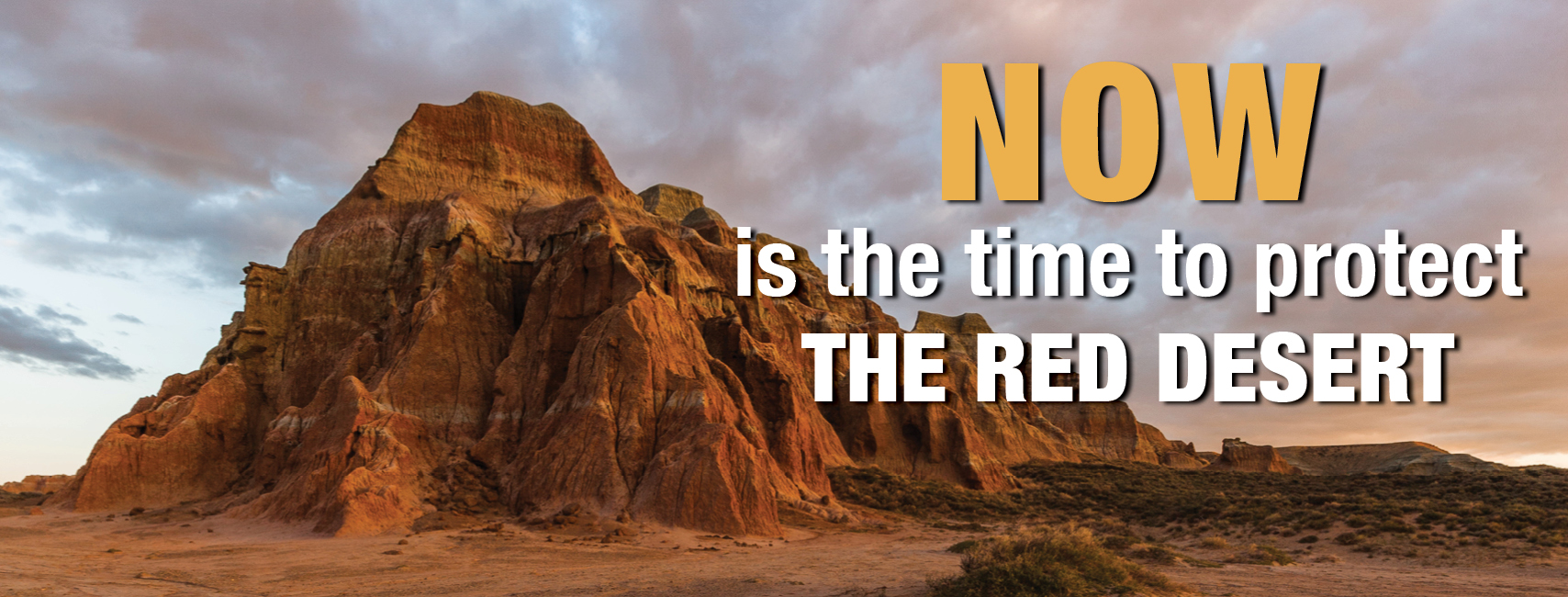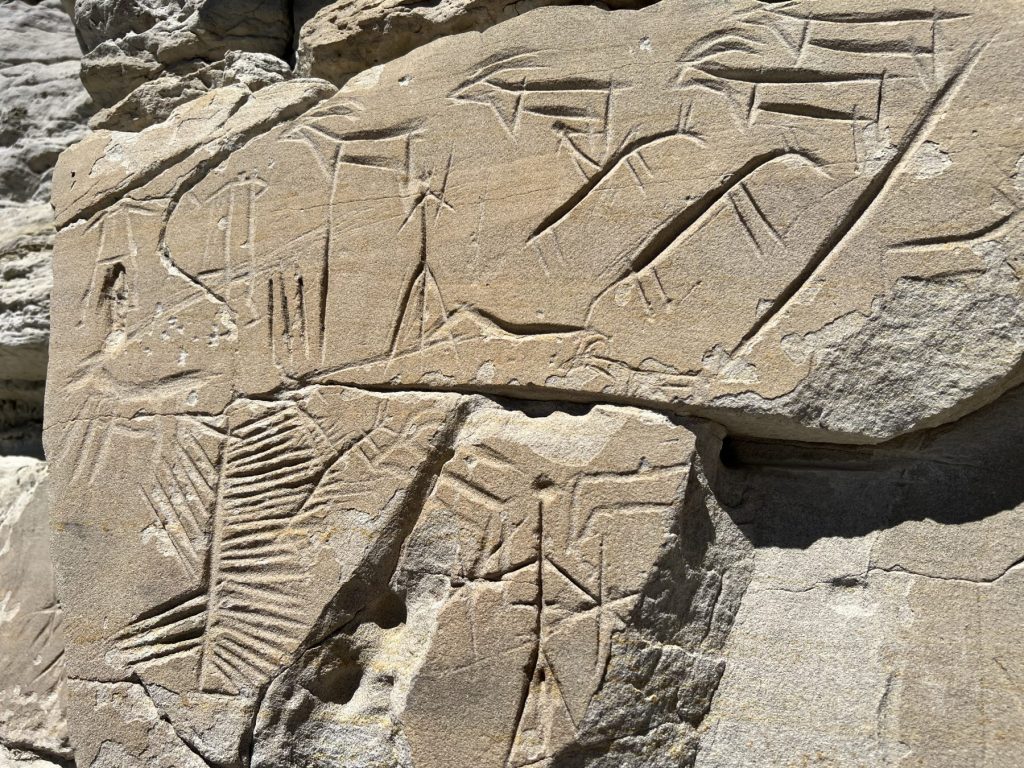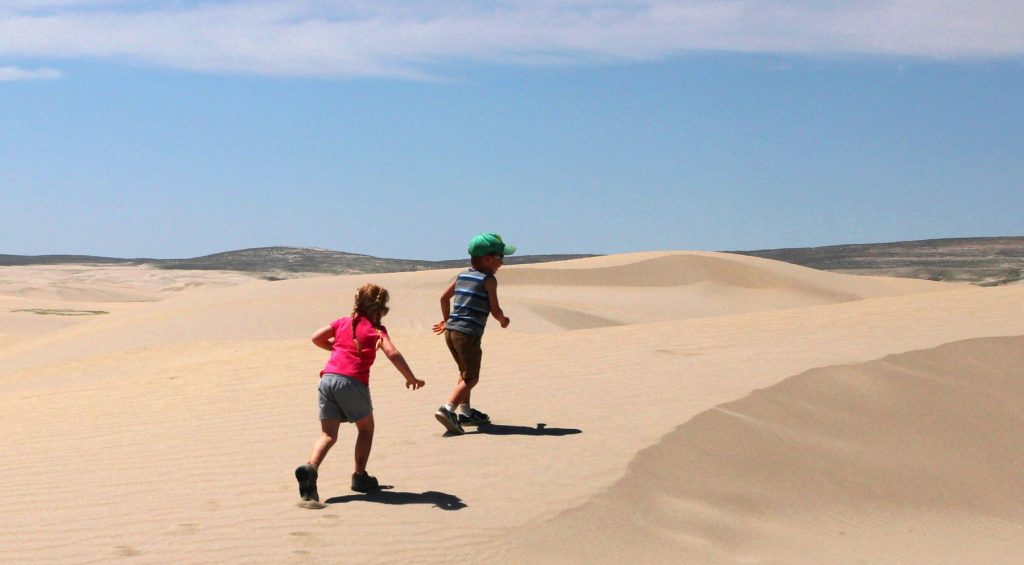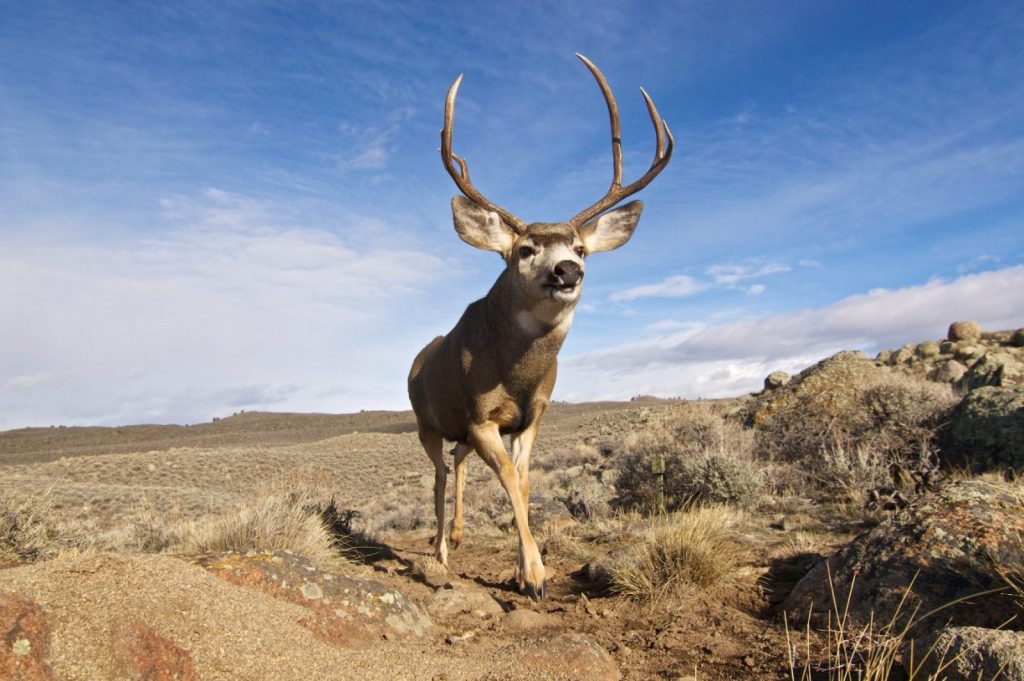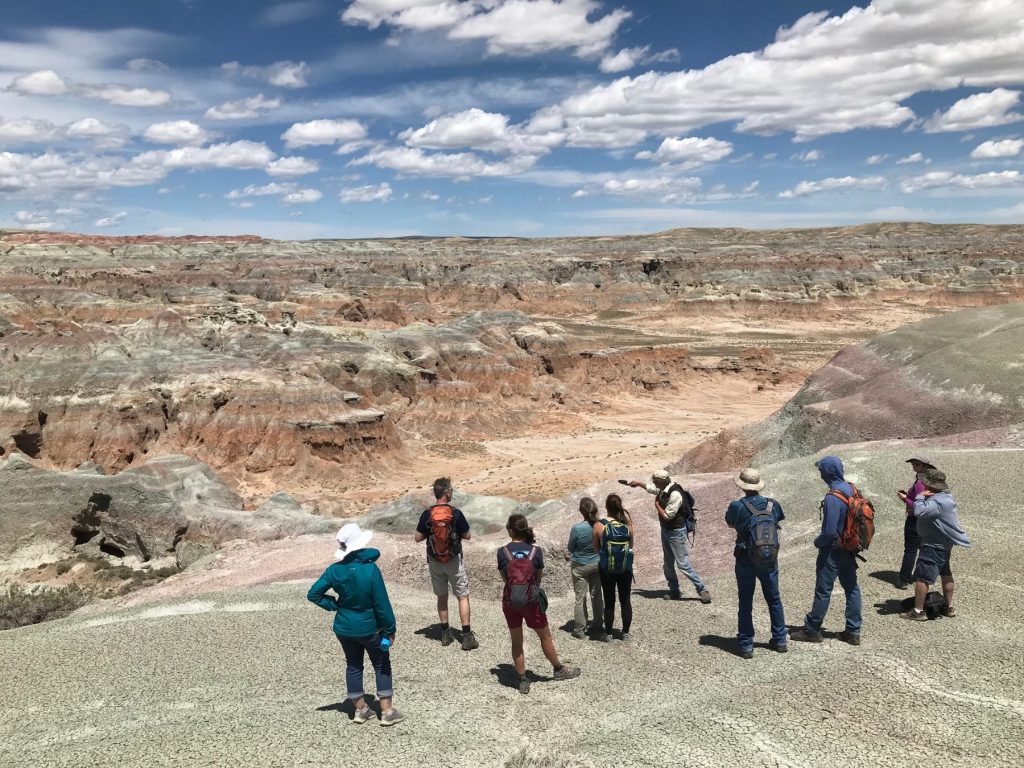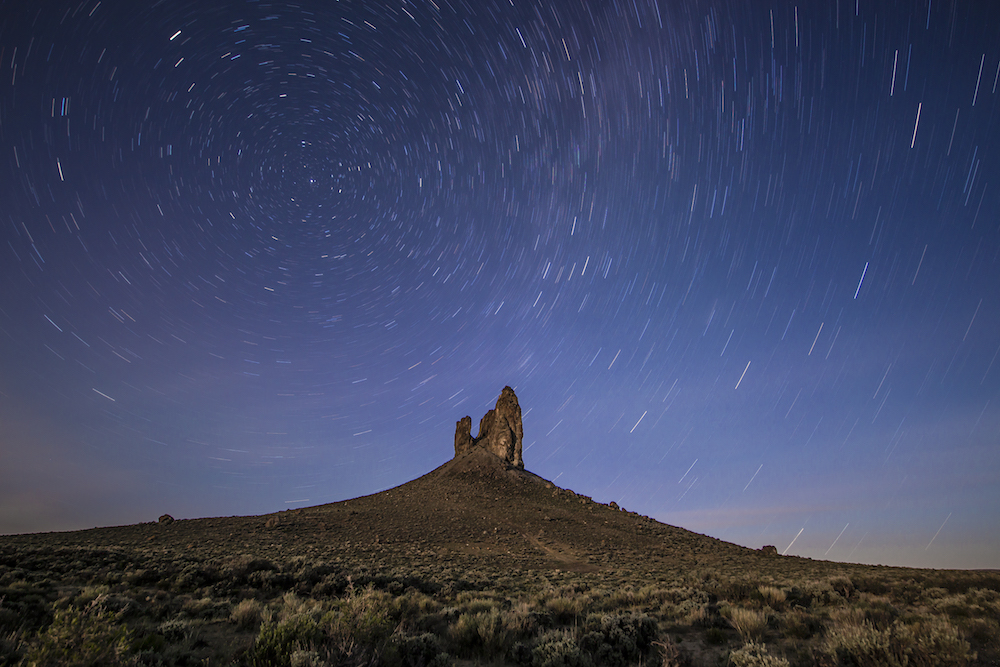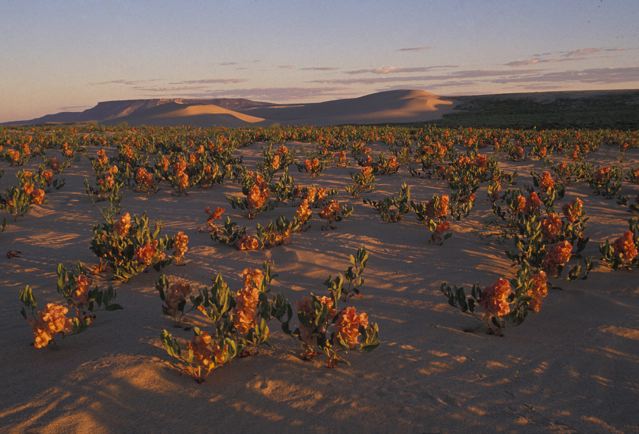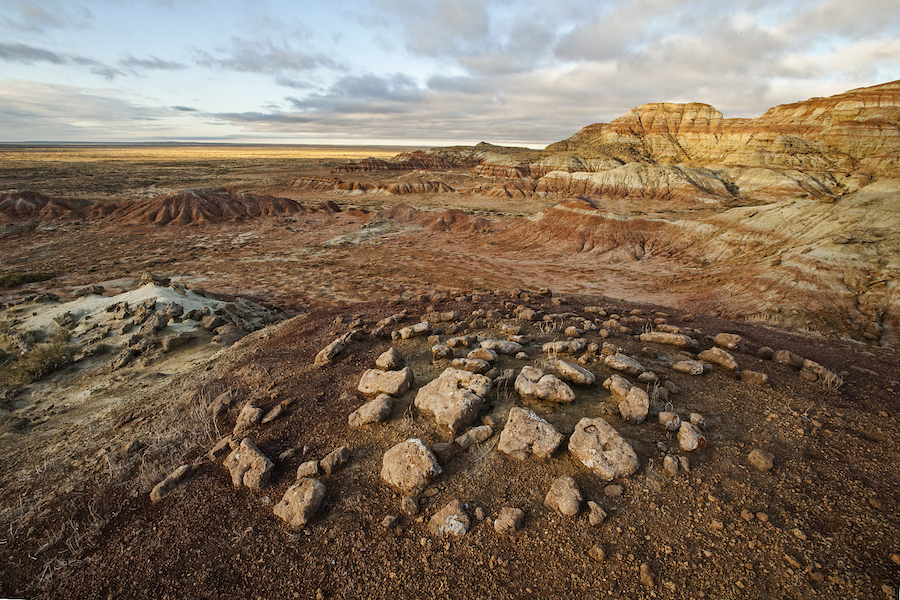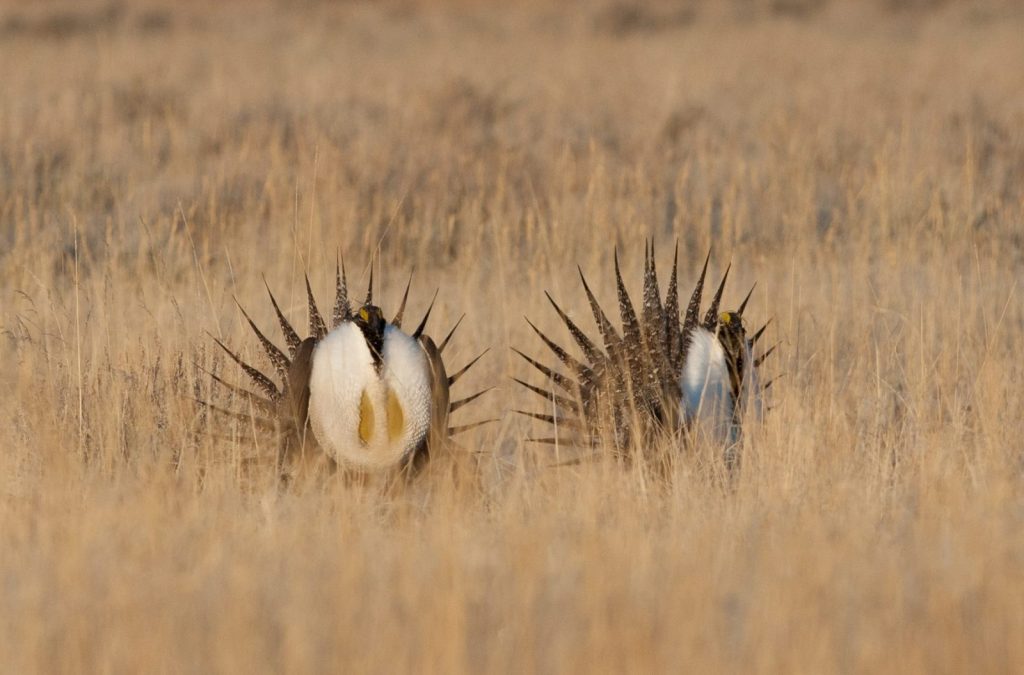For WOC’s legislative team in Cheyenne, it was an exhausting (but exciting!) week. The power of public engagement was on clear display, and thanks to your participation, we saw some of our highest priority bills defeated.
Read on for the latest on nuclear waste storage, rooftop solar, public lands, and more — as well as what we’re anticipating in the week ahead.
NUCLEAR WASTE STORAGE BILL TABLED!
We’re pleased to share that House Bill 16 died last week when the House Minerals Committee voted to table it. The vote on the bill (which would have opened the door for Wyoming to be the country’s nuclear waste dump) came on the heels of overwhelming public pushback. One representative even commented, “I’ve got hundreds of emails, and not one is in support of the project or this idea.”
If you wrote to the committee and urged them to vote against HB16, thank you! It made a difference.
Although HB16 is off the table for now, it’s clear that Wyoming is moving toward policies that embrace nuclear energy. We will keep a watchful eye to ensure these decisions are not rushed, and that Wyoming citizens have a say as future discussions move forward.
PUBLIC LANDS TRANSFER RESOLUTION ADVANCES
Perhaps one of the most egregious actions we’ve followed at the legislature so far is the advancement of Senate Joint Resolution 2. This resolution would not create any law, but it demands that Congress hand over all federal public lands in Wyoming to the state.
Despite testimony from WOC and other organizations about the threats to public access and the massive negative economic implications of public lands transfer, the Senate Agriculture Committee voted 4–1 to advance SJ2.
TAKE ACTION: Now more than ever, we need you to tell legislators that public lands transfer is an affront to our way of life here in Wyoming. Send a message to your senator and tell them to vote ‘NO’ on SJ2.
A BATTLE OF TWO ROOFTOP SOLAR BILLS
For the first time since we’ve been working on rooftop solar and net metering as an issue, we have two opposing bills moving through the House and Senate.
Senate File 111, a bad bill that would hobble Wyomingites’ ability to participate in rooftop solar, passed the Senate Corporations Committee in a 4–1 vote and will move to the Senate floor this week. There’s better news on the House side: House Bill 183, a good bill that would expand the ability of non-residential customers to invest in rooftop solar, passed the House Minerals Committee unanimously.
TAKE ACTION: We could use your help in getting this good bill, HB183, to pass out of the House. If you want to see more rooftop solar in Wyoming now is the time you write your local representative to let them know that you support HB183 and rural energy independence. For suggested talking points, check out our fact sheet here.
LIMITED MINING OPERATIONS EXPANSION FAILS
House Bill 10, a problematic bill that would have greatly expanded the types of minerals to be exempt from permitting under the Limited Mining Operations category, failed to pass last week. As with HB16, public testimony played a key role in this positive outcome. Specifically, the Casper Mountain Preservation Alliance helped move legislators to oppose the bill. The collective voice of the public really can make a difference!
ONE STEP CLOSER TO TRAPPING REFORM
Following multiple accidents involving people’s pets, the Wyoming Game and Fish Department has been working hard to make trapping safer on public lands. One key reform that has remained elusive — the authority to mandate traps be set a certain distance away from trails — is finally closer to becoming a reality.
Thanks to the tireless work of citizen advocates, last week the Senate Travel, Recreation, Wildlife, and Cultural Resources Committee advanced Senate File 139, which would grant the Game and Fish Commission the authority to create setback distances for traps on public land, to the Senate Floor.
A PATH FORWARD FOR FIRE RESTORATION FUNDING
Gov. Gordon requested $130 million for restoration and invasive grass management in the wake of last year’s devastating wildfires in northeast Wyoming — a request that the Joint Appropriations Committee severely reduced two weeks ago. Fortunately, Senate File 148 offers something of an insurance policy against further attacks on this critical funding.
SF148, which advanced out of two legislative committees last week, would reinstate the full $130 million requested by the governor. With nearly one million acres burned and an army of cheatgrass, ventenata, and medusahead ready to spread much deeper into Wyoming, getting this money out the door quickly to stop this infestation is essential for rangelands and wildlife alike.
BEERS & BILLS
If you came to our Beers & Bills event last week (either in Cheyenne, or via our livestream), thanks for joining us! We enjoyed sharing about the session’s most important bills, and appreciated the chance to hear your priorities and concerns. If you missed us this time, stay tuned for more events like this in the future.
Believe it or not, the session’s halfway mark is in sight, with crossover from one chamber to another happening at the end of this week.
Even though some of the worst bills we’ve been following have been defeated (or have been improved), the stakes only get higher from here. There are fewer opportunities to stop bad bills, and generally, we only have a day or two’s notice before a bill will be in committee or on the floor for debate.
We’ll continue to let you know the best time to contact your legislators for each of these important bills. Thank you for using your voice to make a difference!
Want to stay in the loop on important legislation and opportunities to take action? Sign up for our legislative emails!
Image: Meghan Riley
